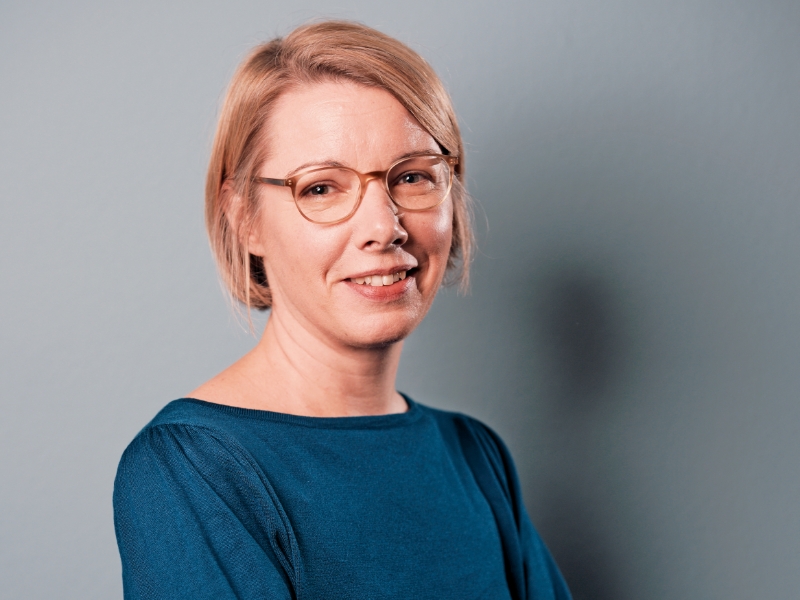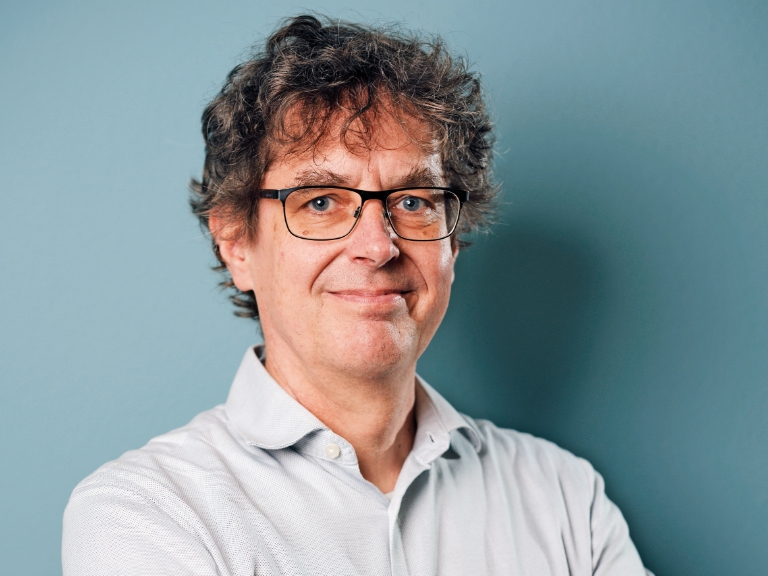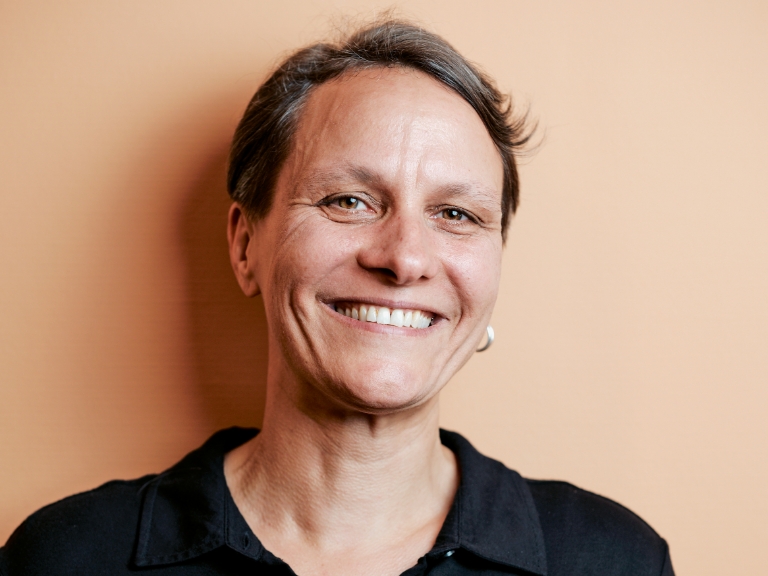Teaching scientific thinking
Julia Richers: How political would you like it to be?
How do professors manage to keep the discourse in their courses open and unbiased? And what experiences do they have outside the lecture halls with attempts at political appropriation? A historian expresses her own opinion.

Fake news? Back to the sources!
“The East lost the innocence of a cardinal point early on. The roots of Eastern European studies are highly political and go back to Nazi research on Eastern Europe. Political and ideological appropriation continued unabated during the Cold War. Many universities owe their large Eastern Europe libraries to Cold War Studies and “Kremlin astrology”, and so do we.
The problematic genesis of my field strongly shaped my teaching. As a historian, I firmly focus on the historical roots of current developments. In our teaching, we deal specifically with the history of propaganda, imperial structures, revolutionary movements, (anti-)communism, (state) terrorism and resistance. This provides students with important orientation knowledge for a well-founded classification of both historical and current events. For example: We responded to Putin’s war and the eruption of history with courses on the history of Ukraine or key texts of Russian nationalism.
My teaching concept is ad fontes ‒ back to the sources. We counter fake news and history politics with archival work, intensive source criticism and solid language skills for the evaluation of original texts. In debates with students, the decisive factor for me is which interpretations a corpus of sources allows and where evidence is simply missing.
Attempts at appropriation are very common: currently through misleading comparisons between Gaza and Ukraine and unfortunately also in the form of threatening letters.”
About the person
Julia Richers
is Professor of Modern General and Eastern European History and Co-Director of the Department of Modern History and Contemporary History at the Institute of History.
University in an area of conflict
“Freedom and responsibility are interdependent”
Student numbers are increasing and financial resources are becoming scarcer. Rector Virginia Richter talks about how the University of Bern meets this challenge, defends academic freedom and participates in socially relevant debates.
Magazine uniFOKUS

Studying is a launchpad
This article first appeared in uniFOKUS, the University of Bern print magazine. Four times a year, uniFOKUS focuses on one specialist area from different points of view. Current focus topic: Studies
Subscribe to uniFOKUS magazineSubscribe to the uniAKTUELL newsletter

Discover stories about the research at the University of Bern and the people behind it.


